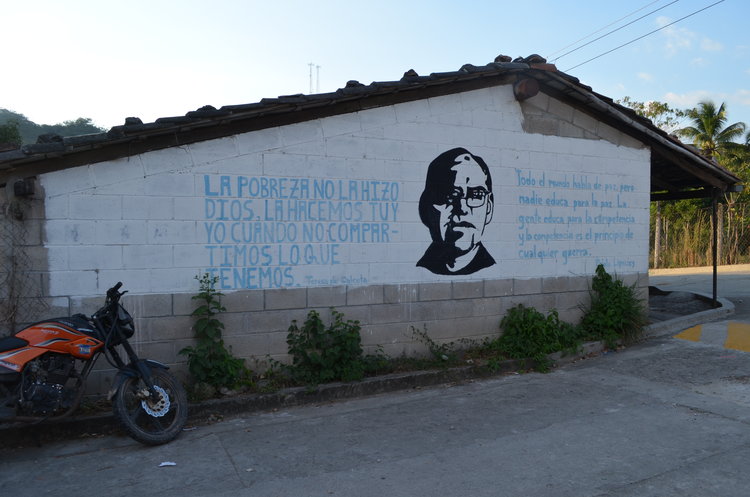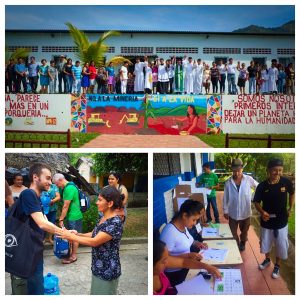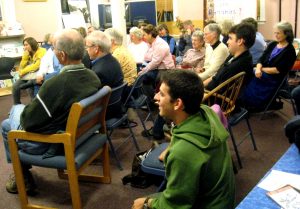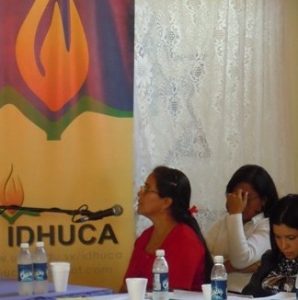Education, Historical Memory, Online Resources
The “Unfinished Sentences” project in Arcatao
We invite you to learn about the “Unfinished sentences” project, its struggles and the learning process that took place while gathering all important knowledge of people in Arcatao who keep fighting to keep historical memory alive.
The topic of the participants’ consent was something we were learning a lot about during the process, but we could also say that it was a challenge… Consent was always a core value throughout the process, but the exact way that we were going to put it into practice went along transforming as time progressed. With some things, we had to make changes, and with other things we could stay firm. We would ask ourselves, for example, “Is a signature consent?” and I think a lot of the time if someone signs a piece of paper, in many cases that’s not enough to represent full consent. So we tried to use different techniques to ensure total consent from people throughout the process. We would ask for verbal consent at the beginning of the interviews, and then also again after the interviews, after selecting the part of each interview that would be published, and then there was another period of requesting consent in which people would see the part that we had selected to make public without having been edited, and they would say, “Yes, you can publish this part, but not this one”, or “I don’t want to use my real name”, or “I don’t want my face to be seen”, or whatever, and then there was another period of sharing the information spoken out loud and also on paper, Basically we tried to do everything possible to guarantee full consent from the participants. There was one person who participated but didn’t want the material to be made public. Each person would decide if they would put their name and have their face be seen. I feel like there was a very flexible dynamic with that, and that we only published things when we felt like the person gave their definitive consent. By the end of the process, we had interviewed 50 people and 48 of them were made public. We did not end up doing a transcription of the archive because we weren’t able to find an appropriate consent and confidentiality process. Only that which was given full consent by the interviewers was made public. – Phil
(Read the entire article here)




